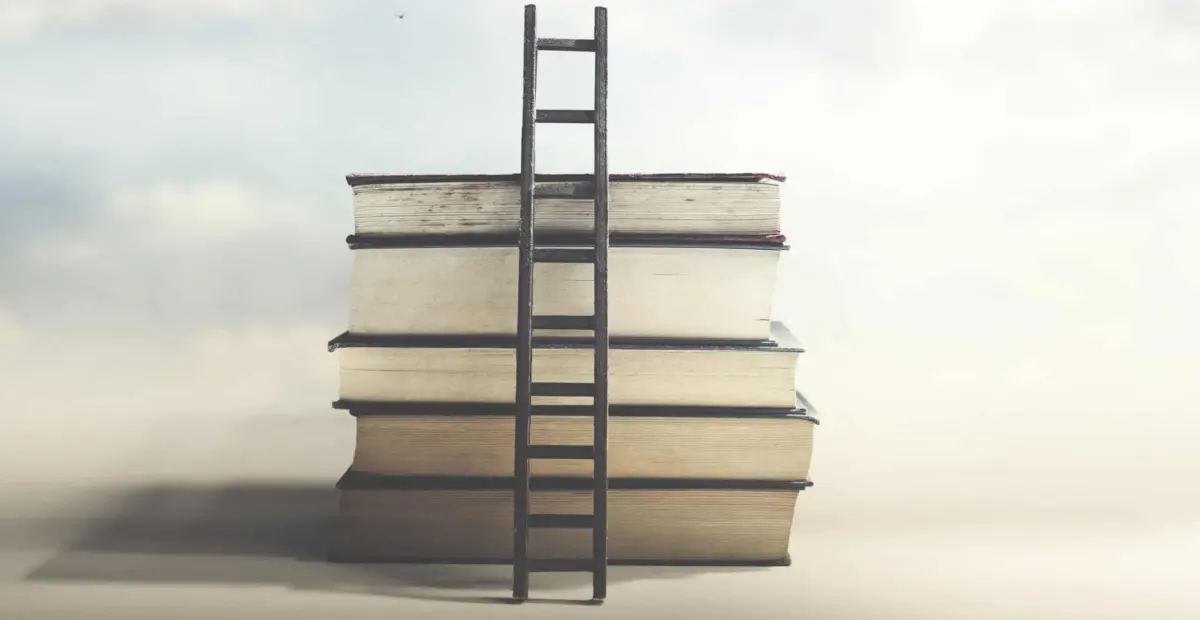Pleasure reading and assigned reading are not mutually-exclusive activities
Have you ever taken pause to consider your personal literary history? I remember back to my senior year, an honors English class where I was asked to do this very exercise. It is remarkable how influential the very first pieces of text you consumed are. They can influence your life and relationship with reading. As a recovering perfectionist, I struggled to find the joy and adventure in reading. The fear of receiving a poor grade due to not recalling a piece of text often overshadowed the book in front of me.
I remember back to second grade and the textbooks that would weigh down my small backpack. I was terrified of the reading tests that would follow each chapter we read. It was at that point I began to associate reading with work or something I had to do. This struggle between associating reading with work or fun would continue throughout most of my K-12 career. Reading textbooks, tests, book reports, and presentations were not things I looked forward to as a child; however, there were several books that would eventually mean the world to me as I yearned to keep reading from being a chore.
The first book was Number the Stars by Lois Lowry. In fourth and fifth grade my evenings were filled with reading A Series of Unfortunate Events by Lemony Snicket. In sixth grade we were asked to read a particular book that was accompanied by a lime green workbook. This book in particular caused me to resist reading. In high school, books like The Bell Jar and 1984 (though assigned reading) kept alive the joy of reading.
This pattern and struggle between reading for assignment and reading for pleasure persisted until a couple of years into college when I was truly able to let go of the idea that I would be graded or forced to recall the text I just read. I cannot help but think of the couple key books that kept my love for reading alive. The freedom to select books I wanted to read helped me overcome anxieties related to assigned reading.
Research shows, “Students who engage in pleasure reading experienced marginal average increases of .11% in English and 1.71% in science and higher increases of 4.43% in mathematics and 2.05% in history”. It is imperative we teach and model pleasure reading to the children in our lives regardless of our positive or negative past experiences. Recently, I have found a love for reading self and professional development books in addition to assigned readings. I have realized the two activities are not mutually exclusive. It took a while, but I have gotten to the point where assigned reading no longer replaces or interferes with pleasure reading. Have you given yourself the opportunity to read for fun regardless of your past experiences with reading?
The Kids Read Now Wish List includes over 120 popular titles, so please contact us to learn how we can help your little readers find new books they'll love to read!



